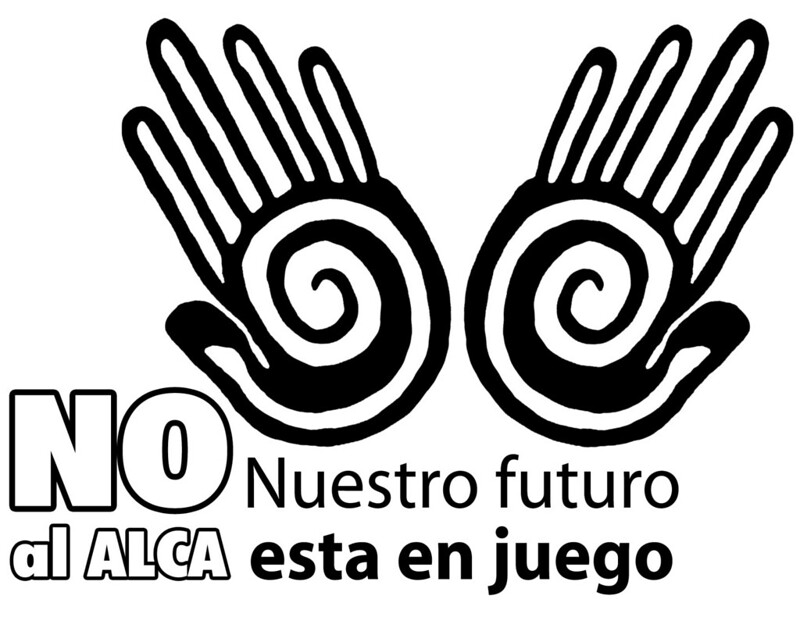
Sometimes dubbed “NAFTA on steroids“, the Free Trade Area of the Americas (FTAA) was an attempt to expand NAFTA to 34 countries in the Western Hemisphere (it excluded Cuba).
From Canada to Argentina, the FTAA was strongly opposed by social movements, trade unions, NGOs and communities mobilizing against the neoliberal policies it promoted.
Governments including Argentina, Brazil, and Venezuela were increasingly critical of the US agenda at the FTAA negotiations.
Finally, at the Third Summit of the Americas in Mar del Plata (Argentina) in early November 2005, the FTAA was left for dead after the United States failed to overcome the staunch opposition of Venezuela and the Mercosur countries.
Since then, the FTAA agenda has remained stalled, although there was a tentative attempt in September 2008 to relaunch the initiative, retitled “Pathways to Prosperity in the Americas,” with the support of several Latin American governments.
The defeat of the FTAA was one impetus for the United States to step up its push for a Central American Free Trade Agreement (CAFTA) and other far-reaching bilateral free trade and investment treaties with countries of the region.
last update: May 2012
Photo: CC BY 2.0





